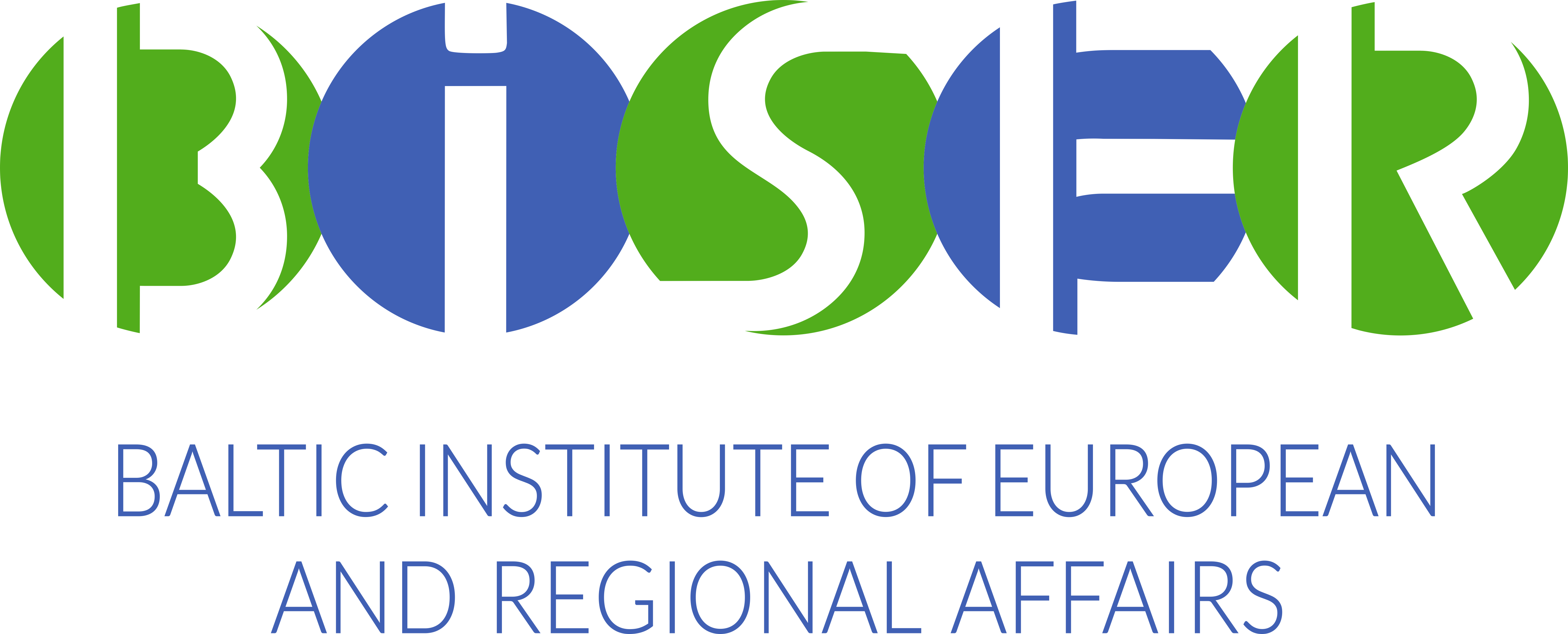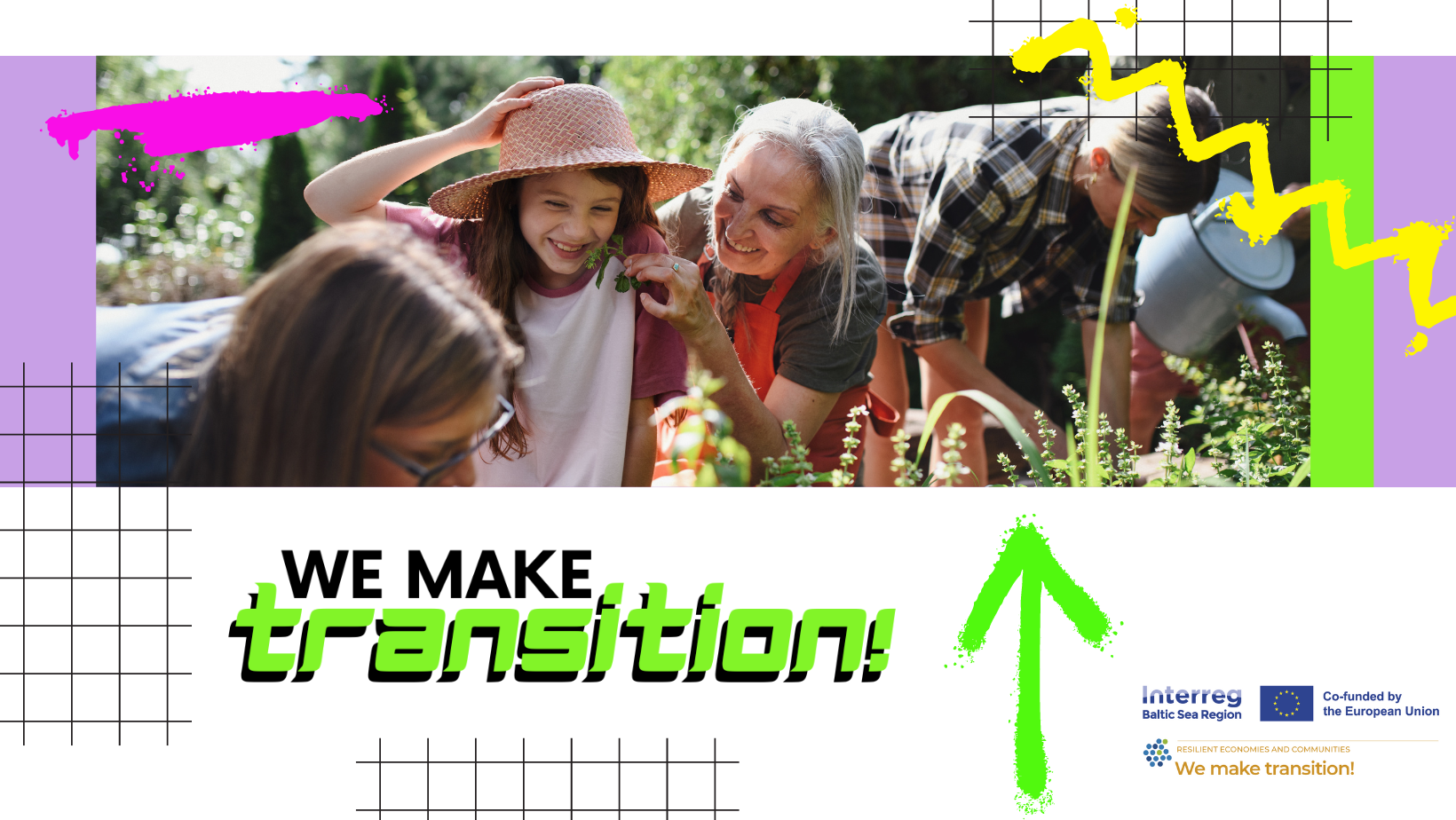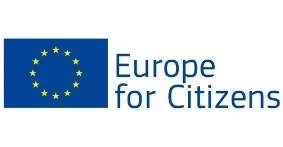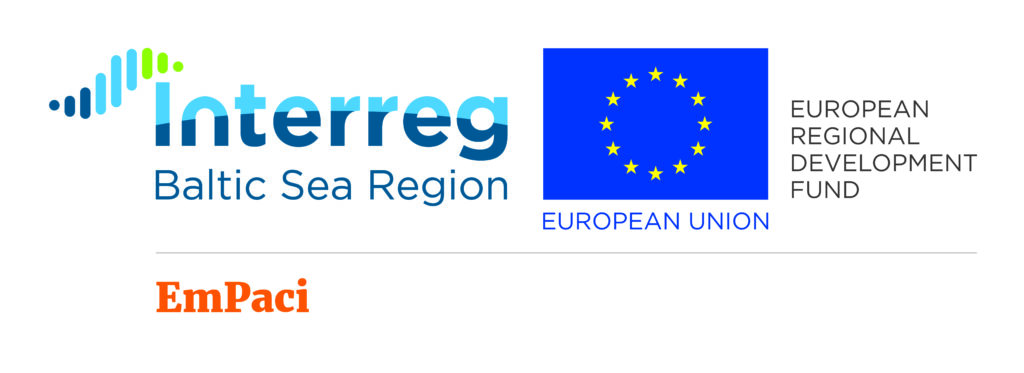Key facts
| Project duration: | 01 Jan 2019 – 30 June 2021 |
| Countries involved: | Finland, Germany, Latvia, Lithuania, Poland |
| Partner: | 13 (see partner page) |
| Associated organisations: | 3 (see partner page) |
| Lead partner: | University of Rostock, Chair for Accounting, Management Control and Auditing: Prof. Dr. Peter C. Lorson |
| Total ERDF budget | 1.878 Mio. EUR |
Project coordinator in BISER team: Anna Fornalska-Skurczyńska, PhD.
Project summary: Challenges, objectives, key activities
Challenges to citizen participation in the BSR
A majority of the BSR areas is characterized by largely fragmented living areas of their inhabitants. This leads to challenges for public authorities and councils when it comes to involving all citizens into joint projects and to discuss relevant issues with all citizen groups. Instruments are needed that enable and encourage the entire citizenry to take part in decisions of their municipality such as decisions regarding expenditures and revenues in the local budget.
EmPaci fosters participatory budgeting
Participatory budgeting is a process of democratic decision-making, in which ordinary people take part in preparation and adoption of a municipal or public budget. In the BSR, only few municipalities apply participatory budgeting to date. A typical type of citizen in such a process is male, politically active, well-educated, 35-65 years old. The objective of EmPaci is to get more municipalities involved and mobilise different types of citizens via building municipal capacities, transnational clusters and cooperation among municipalities and their citizens. The project aims to foster civic acceptance and to build social ties within municipalities, spread the idea of participatory budgeting and the project’s piloted good practices within the BSR.
EmPaci produces ready to use material and establishes networks
The main output is building capacities and knowledge as well as strengthening relations between municipalities and citizens by providing ready to use guidelines, training programs and tools to implement participatory budgeting. This creates the foundation of more BSR municipalities to realize participatory budgets and to foster citizen participation against the background of large spatial fragmentation of the BSR citizenry.
EmPaci adds innovative components to the general participatory budgeting concept
By identifying citizens’ demands and participatory budgeting concepts for different types of municipalities, this project seeks for close involvement of both municipalities and citizens from project start on. An initial participatory budget is to be tested and evaluated taking into consideration perspectives of citizens and municipalities (i.e. administrations and councils). After an optimization, an advanced participatory budget is implemented to show enhancements and foster municipalities’ capabilities to set up the participatory budget. Thereby, the project is complemented by an “orgware” and training program that finally focuses on building municipal trainers who disseminate the participatory budgeting idea among BSR municipalities. The entire project is backed up by experts with from universities and an Advisory Board, which reduce their project contribution over time during which municipal capacities are created.
Actions taken by the EmPaci project consortium
The following activities will be undertaken to reach the envisaged goal:
- Ensuring relevance for citizens: citizens’ needs analysis and developing specific communication on participatory budgeting for different citizen groups (e.g. youth, the elderly, families)
- Fit of participatory budgeting for different municipalities: Development of general PB concepts and adjustment to specific circumstances through a series of two pilot participatory budgets in each partner municipality
- Setting up capacities and disseminating the participatory budgeting idea: all participatory budgeting information, communication methods and materials will be collected and documented in an orgware system for use of participatory budgets later on and also for other municipalities
- Training practitioners: setting up a training program for municipalities
- Making participatory budgeting work: An IT reference architecture will be developed and tested.















